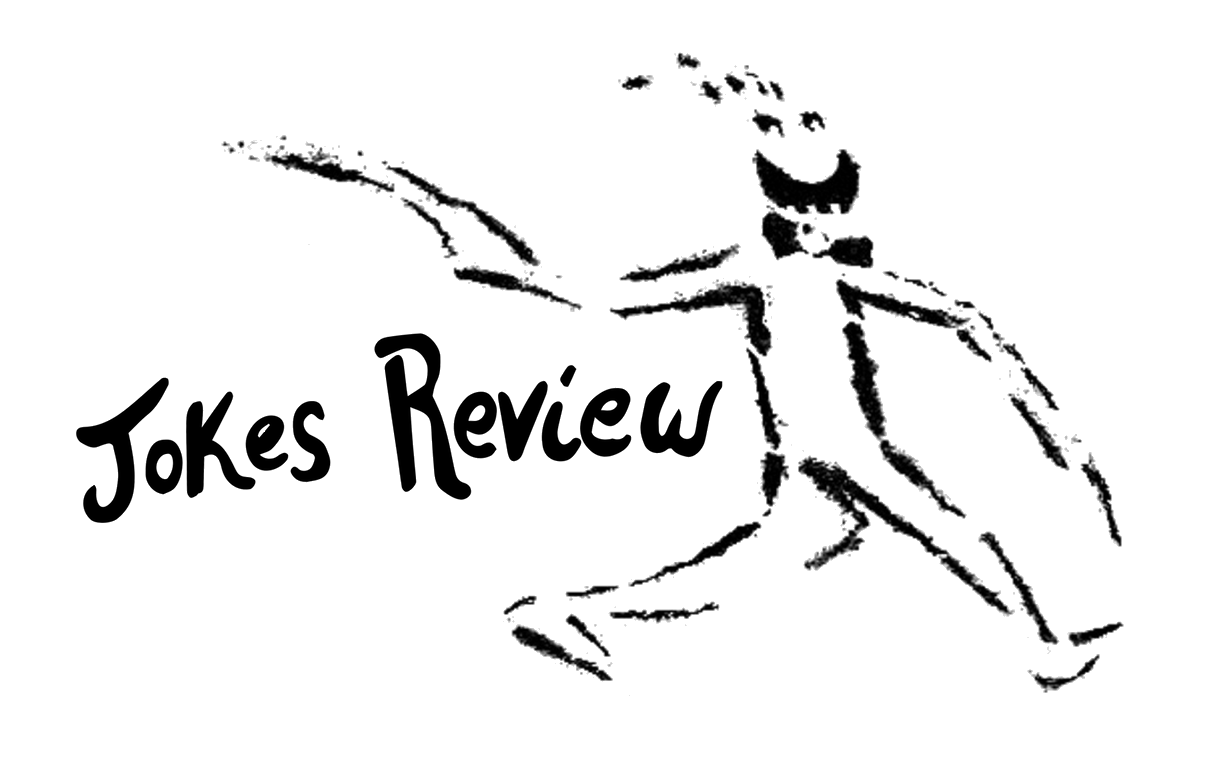Three Poems
by Charles Cantrell
Falling
after James Galvin
It was snowing anvils,
tiny anvil-shaped flakes,
heavy on hedges,
cars, tree tops, etc.,
but no damage was done.
*
It was snowing moths,
and the flakes glittered
and flitted, but it wasn’t
summer. How could this be?
Unless dead moths, frozen,
but nevertheless snowing moths.
*
It was snowing pins
and needles, bracelets and
necklaces, or were they
pine needles, and since
the wind whipped the trees,
an occasional pine cone,
dark as a brass bracelet,
hit the garage roof hard.
*
It was snowing white spiders,
hard to see them,
but it was a soft snow,
and the spiders were trying to grab
tree limbs, trellises—all in vain,
and when they landed
they had already spilled
most of their filament.
*
It was snowing blackbirds,
and they must have thought this
was the afterlife because
their eyes were closed,
and the few open were white,
and the birds weren’t calling
for anything, wings
tucked under, falling
hard on the ice and drifted
snow, which was other birds.
*
It was snowing horses,
ghost-like horses
the color of ash.
Yet they were light
horses, threadbare—
no fear—and piled up
as naturally as fallen leaves.
The Spreading Effect
“The wise man will hear, and will increase learning,”
Pastor Herman said, and then said, “Vote for X”—
who rolled through Milwaukee today. Later,
I was enjoying a jellyroll, drinking coffee
and couldn’t figure how dumb this guy running
for President was and what Herman took us for.
A man only a few blocks from here years back
ate parts of his victims. Raw, salted, cooked?
I don’t know. My plan, to avoid certain neighborhoods,
thoughts, and vacuous politicians could work.
A man on the bus coughed on a page in The Sane Society.
I’ve read that book, yet insane
is what Fromm worried about more and more.
Live Night
Nicole likes to personify words like night.
“Night as an abstraction is what it is,”
I tell her, “but if you write, say, Blue sky’s paper
fills with black ink, what do you think?”
She looks down at her, Night lifted her skirt
and let a little of the moon slip in.
Unless night is a woman like Nicole,
in black jeans, black tank-top, and leaning back
in her chair, and stares at me, maybe I’ve misread her.
Later, I walk by some tall, leafy trees that block
the night sky. I stop at a coffee shop to write.
I’m giving night a name. I’ll call it Earl,
because Nicole’s boyfriend, Earl, left her.
I hope, I write, that Nicole won’t staple her heart
to one of the witch hazels near the coffee shop.
I’ll never show her this, but would she like
Night’s fingerprint under a witch hazel tongue?
I hope Nicole doesn’t struggle with poems
in a dark bar over gin and tonic,
waiting for someone as she looks out over buildings,
then stars, maybe a moon—the vast
sweeping night that will not come down to her.
Charles Cantrell has poems in recent or forthcoming issues of Mudfish, Confrontation, Rumble Fish Quarterly, Mobius, Citron Review, Seven Circle Press, West Texas Literary Review, Appalachian Heritage, Pinyon Review, and Miramar Poetry Journal. A book of poetry, Wild Wreckage, will be published by Cervena Barva Press in 2019. He’s been twice nominated for a Pushcart Prize in poetry. Over the past 30 years he’s been in residency several times at Ragdale and the Virginia Center for the Creative Arts.


